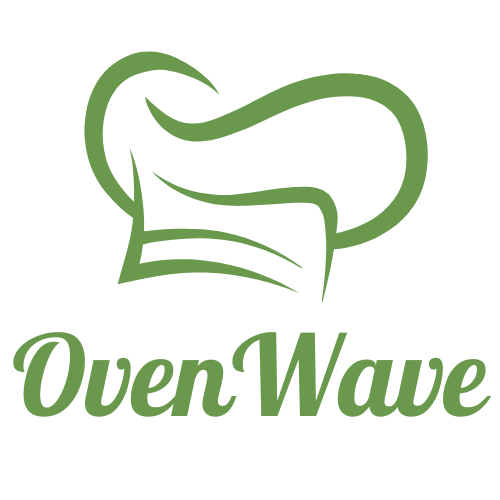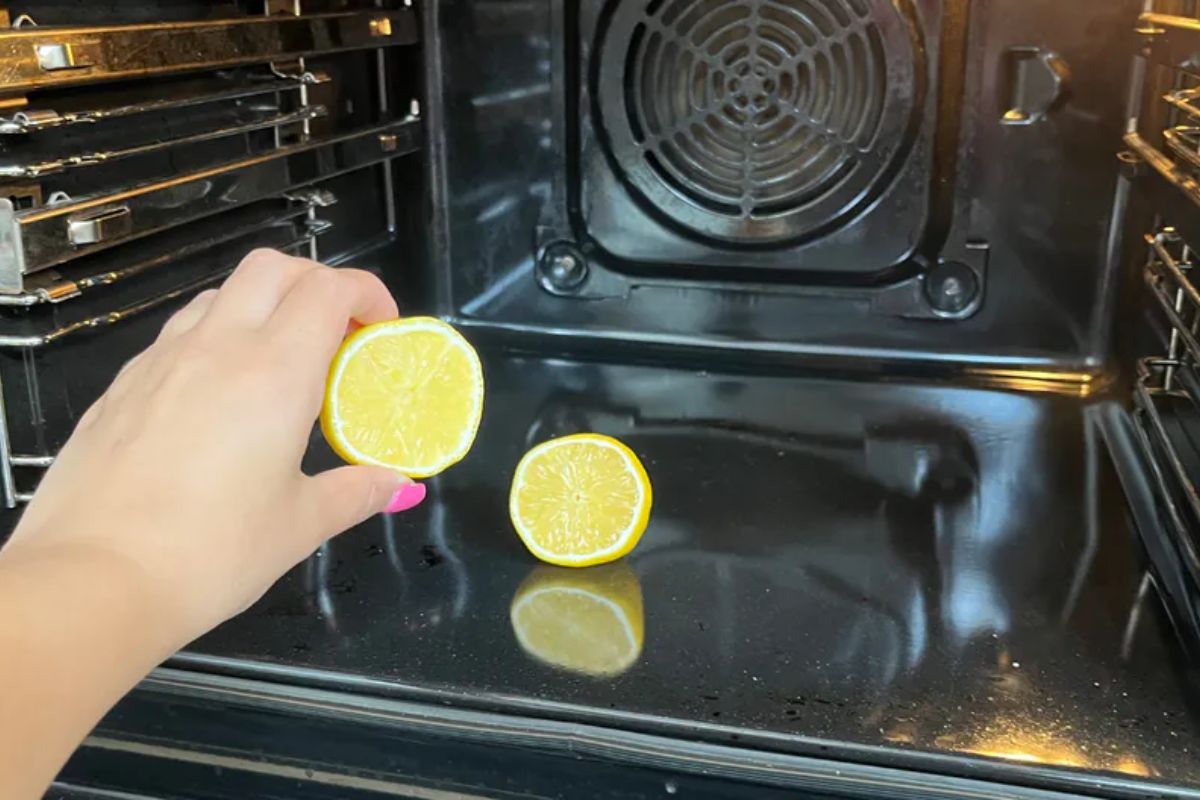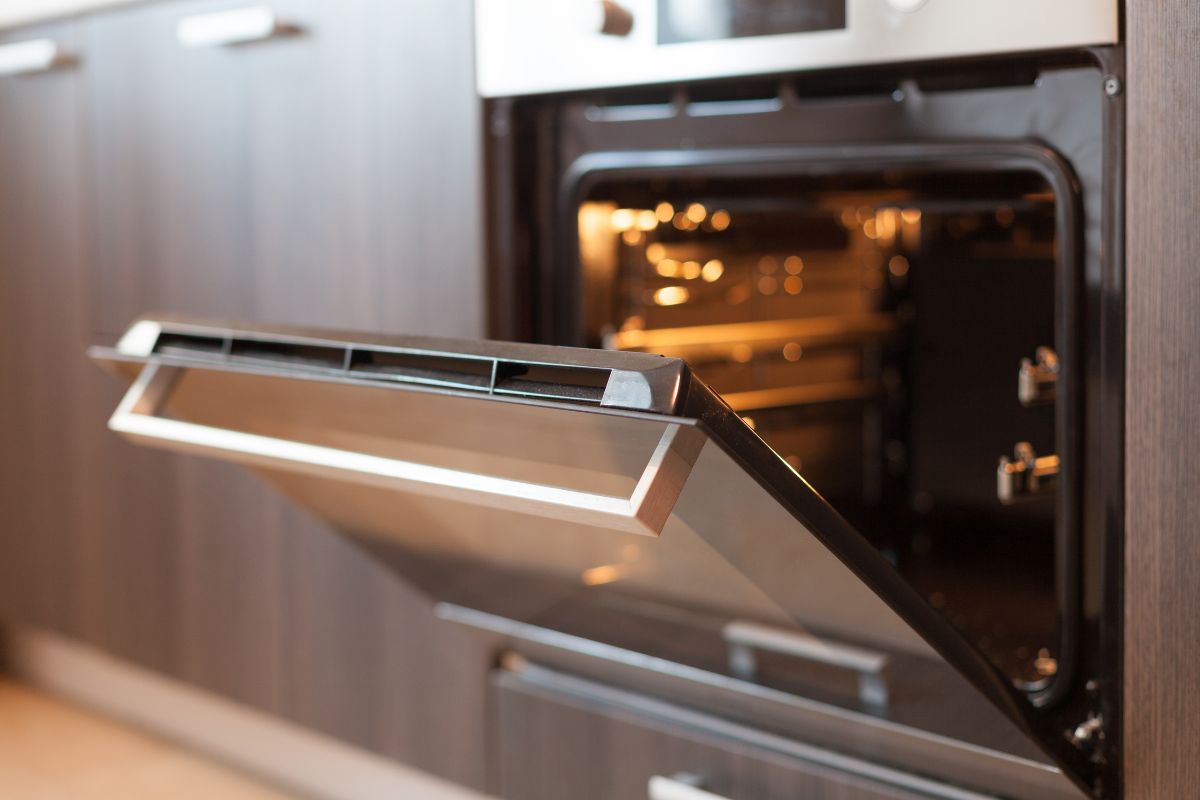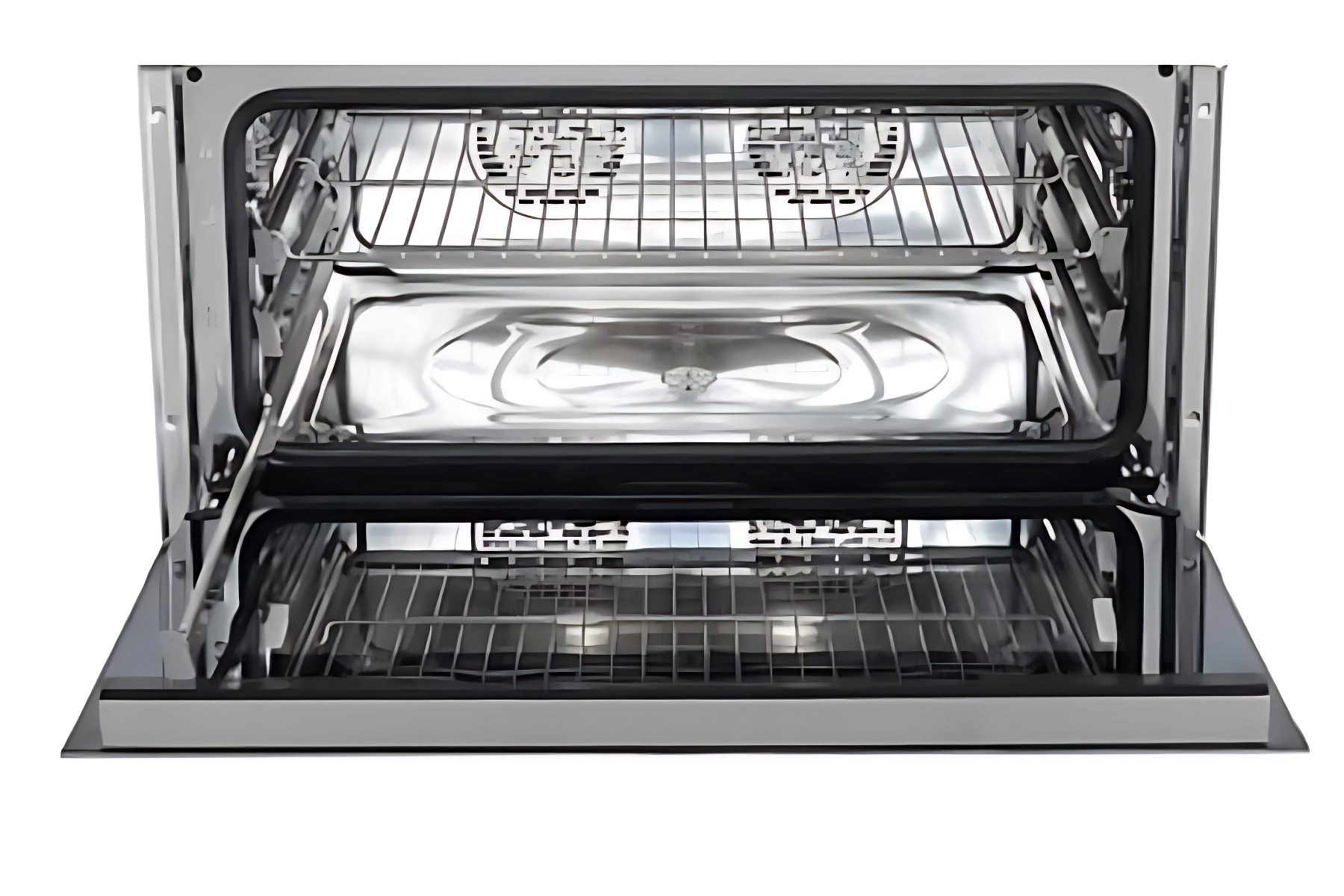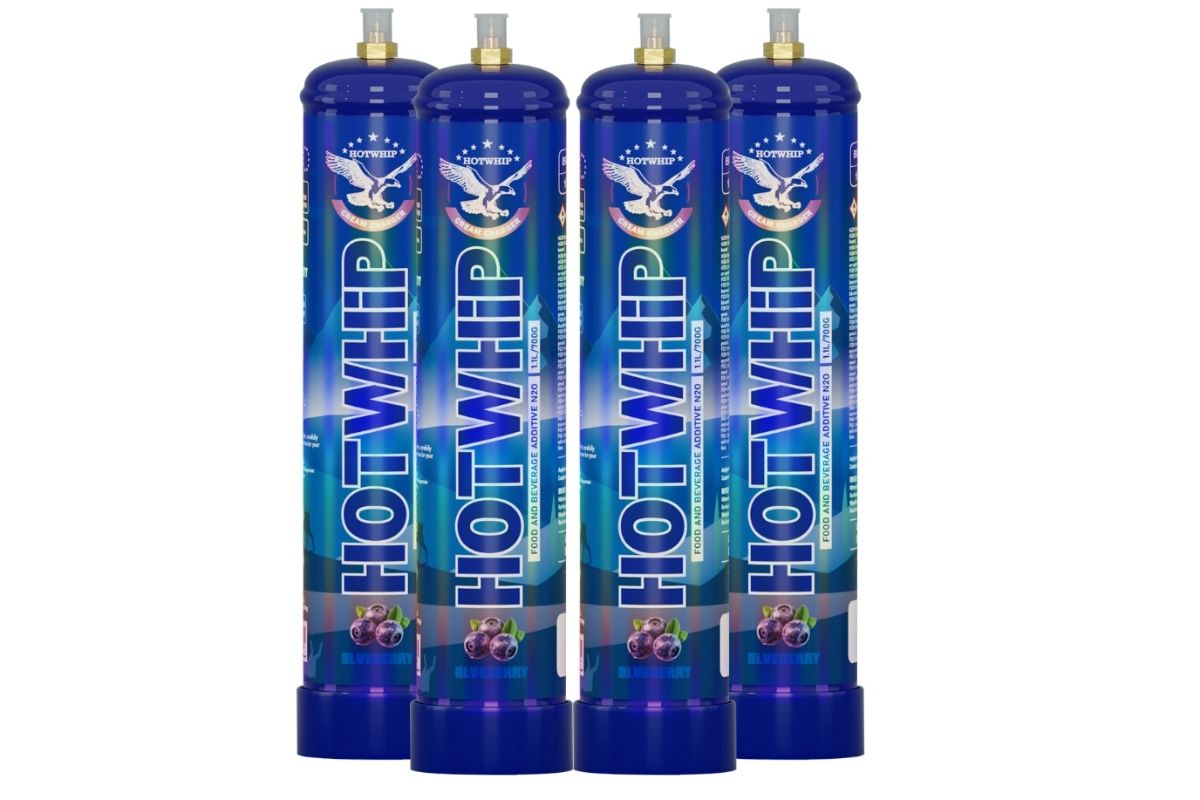Years ago, I only used strong chemical sprays to clean my oven. I thought they were the fastest and most reliable option. They worked, but the smell was harsh, and I worried about the residue left behind.
Then one day, I opened the oven too soon after using a heavy-duty cleaner. The smell hit me, and I started wondering what I was actually breathing in. That moment made me reconsider what I was using around my food. I wanted something safer for my kitchen and my family, but I wasn’t sure natural cleaners could handle baked-on messes.
So I started testing natural methods. At first, it was just curiosity. But over time, I found out which ones worked, which didn’t, and where they actually performed better than expected.
Table of Contents
ToggleWhat Makes a Cleaner Effective?
Before comparing cleaners, I had to ask myself what “effective” really meant. For me, a good oven cleaner should do four things.
It needs to break down grease without endless scrubbing. It should help remove or neutralize odors. It must be safe for oven surfaces without causing any damage. And finally, it has to be easy to use, because nobody wants to spend hours on a single cleaning job.
In my kitchen, low fumes and safe ingredients matter too. I cook almost every day, and I don’t want harsh chemicals lingering near the food I serve. So anything I use regularly has to strike a balance between cleaning power and kitchen safety.
Natural Oven Cleaners I’ve Tested
I didn’t expect much when I started testing natural options, but some really surprised me. Here are the ones I’ve used more than once.
Baking soda and water paste
This became my go-to for stuck-on grease. I mix baking soda with water until it forms a paste, then spread it inside the oven. After letting it sit for a few hours or overnight, I wipe it off with a damp cloth. It doesn’t smell, and it lifts grime without damaging the surface.
Vinegar and lemon steam
I cut a lemon into slices, place it in a bowl of water, and bake it at a low temperature. The steam softens messes and leaves the oven smelling fresh. Afterward, I spray vinegar on any leftover grime and wipe it clean. This method works best for light messes and regular upkeep.
Castile soap and hot water
When I want a gentle clean, I add a little Castile soap to hot water and wipe down the oven. It works well for grease that hasn’t hardened yet. It’s safe for most surfaces and has no harsh smell.
Salt and baking soda scrub
This combination helps with burnt residue. I sprinkle it on damp spots and gently scrub with a sponge. The texture gives a little friction without scratching. It’s perfect for corners and edges where messes tend to hide.
Cream of tartar for glass and metal parts
I mix cream of tartar with a few drops of water to make a soft paste. It works surprisingly well on oven glass and shiny metal. I rub it gently, rinse, and dry. The results are smooth and streak-free.
Store-Bought Natural Cleaners
There are also store-bought products labeled natural or plant-based. I’ve tried a few, especially when I needed a quick solution without mixing ingredients myself.
Most of them use vinegar, citrus oils, or baking soda as their main base. They are convenient and often come with spray nozzles that make application easy. Compared to DIY methods, they save time but usually cost more per use.
Some work almost as well as traditional cleaners for light jobs, but for heavy grease, I often find myself repeating the process or combining them with a natural scrub.
What I appreciate most is the clear ingredient list and the lack of harsh fumes. If I don’t have time to mix something from scratch, these products make a decent backup.
Cleaning Results Comparison
After trying several natural methods, I noticed that each one works best in certain situations. Here’s what I found when comparing them side by side.
Light grease
Baking soda paste removed light grease reliably, especially with a bit of vinegar afterward. A single application was usually enough. Castile soap worked well too, but required more scrubbing.
Baked-on stains
This is where natural methods needed a little more help. Baking soda and salt together made the biggest difference. Cream of tartar worked on small spots, but large burnt areas often needed a second round of cleaning.
Odors
Lemon steam and vinegar were excellent for freshening the oven. After strong meals like fish or garlic roasts, those two methods helped clear the smell quickly. I use them often after cooking just to reset the space.
Interior glass
Cream of tartar gave the cleanest results for glass. It polished without leaving streaks. Vinegar also helped, especially when used with newspaper instead of paper towels.
Which worked first time and which didn’t
Lighter messes came off with one round using most methods. For thick grease or food that had burned onto surfaces, I usually needed a repeat session. The key was letting the natural ingredients sit longer and not rushing the process.
Where Natural Cleaners Work Best
Natural cleaners are great for regular maintenance. If I wipe down the oven every couple of weeks, baking soda and lemon are more than enough. They work best when messes are still soft or fresh.
They’re also my choice for homes with children or pets. I don’t have to worry about chemical fumes or residue touching cookware. These ingredients are safe and gentle, which makes me feel better about using them often.
Spot cleaning is another area where natural methods shine. If I spill something small, a quick wipe with vinegar or Castile soap keeps things under control until the next deep clean.
Where Natural Methods Struggle
Natural cleaners are not miracle workers. When I’ve ignored my oven for months, or something burned badly, baking soda alone was not enough. Deep, blackened stains often needed two or three rounds of cleaning.
They also don’t work well when you need fast results. If I only have fifteen minutes and the oven is a mess, a natural method will likely fall short. These solutions are more about gentle cleaning over time than instant transformation.
Another limitation is stubborn grease baked into corners. Even with good technique, some spots don’t respond unless I use a stronger cleaner or repeat the natural treatment multiple times.
When to Use Natural Cleaners and When Not To
I now choose my cleaning method based on the level of mess. For light grease, mild odors, and routine care, I always go with baking soda, lemon, or vinegar. They’re effective, safe, and cost very little.
But when the oven smells like smoke or has visible carbon spots, I don’t hesitate to use a store-bought product. Sometimes I even combine both. I might start with baking soda, then follow with a natural degreaser from the store to finish the job.
It’s not about choosing one side. It’s about knowing what works when. Natural cleaners fit most of my weekly cleaning needs, but I stay flexible when the situation calls for more strength.
Frequently Asked Questions
Do natural oven cleaners take longer to work than chemical ones?
Yes, most natural cleaners need more time to break down grease and stains. I usually let them sit for several hours or overnight for best results, especially on tougher messes.
Can I use natural cleaners on a brand-new oven?
Absolutely. In fact, I recommend it. Natural cleaners are gentle and won’t damage new oven coatings. Just avoid the heating elements and always check your oven manual first.
Are store-bought natural cleaners as safe as homemade ones?
Many store-bought options are labeled safe, but always read the ingredient list. Some still contain preservatives or synthetic fragrance. I prefer homemade versions when I want full control over what I’m using.
How often should I use natural cleaners on my oven?
You can use them as often as needed. I do a light clean every one to two weeks and a deeper natural clean every few months. They’re mild enough for regular use without damaging surfaces.
Can natural oven cleaners be used in self-cleaning ovens?
Yes, but use them between self-cleaning cycles. I never apply anything right before or during a self-cleaning mode. Natural cleaners are best for light upkeep or spot cleaning between those high-heat sessions.
